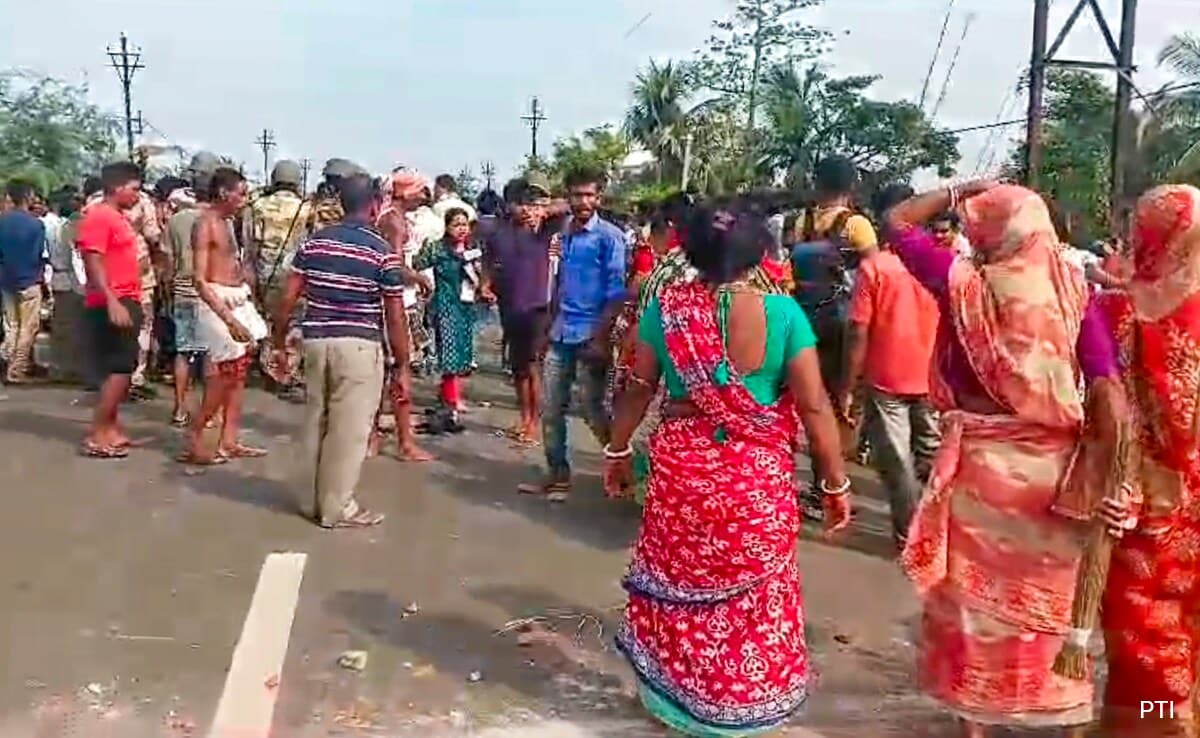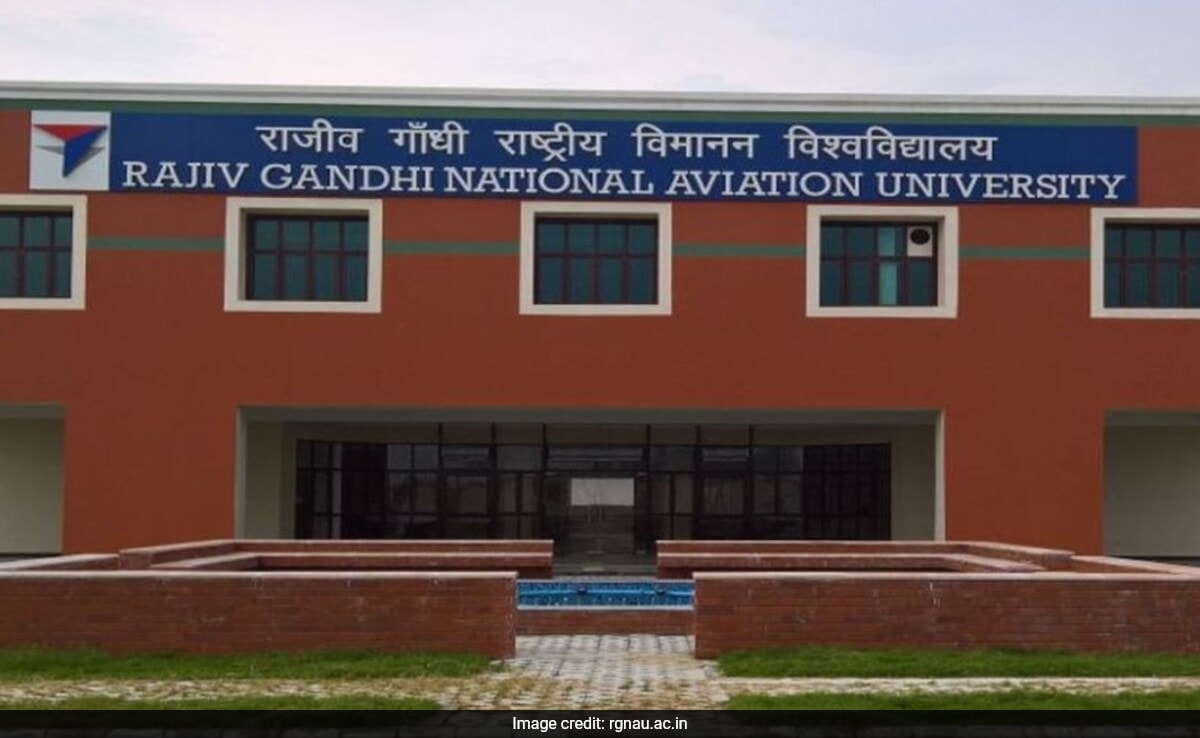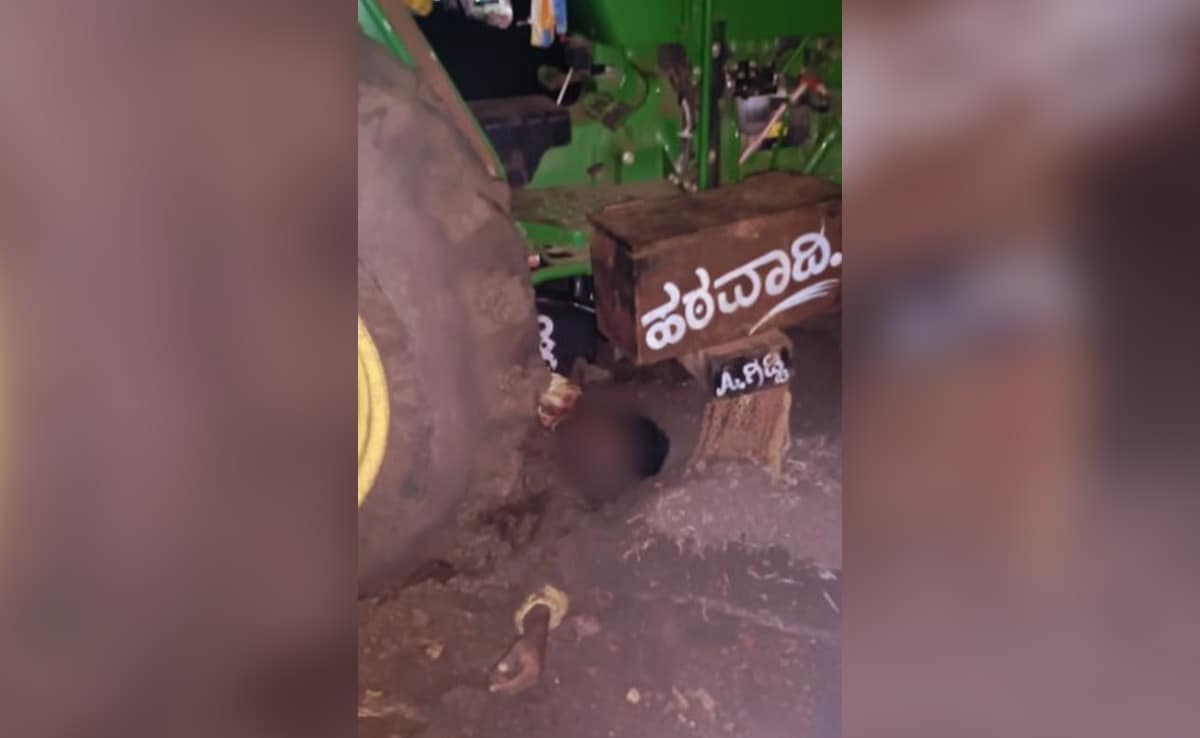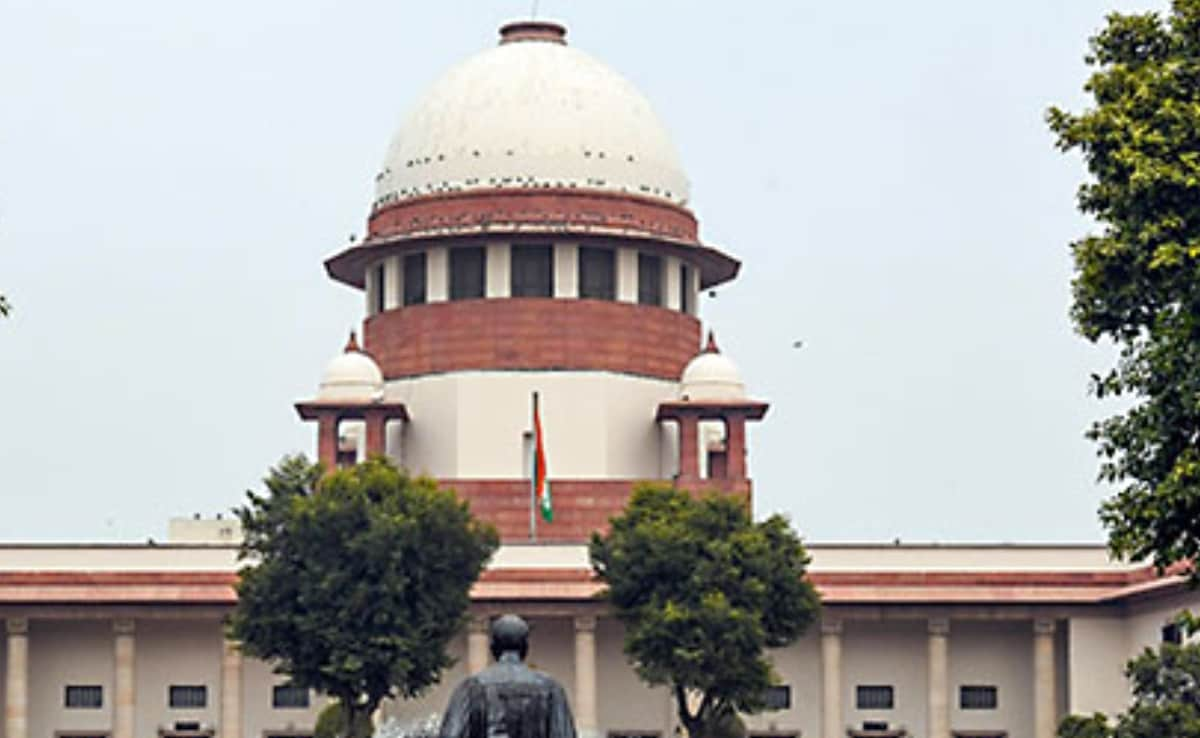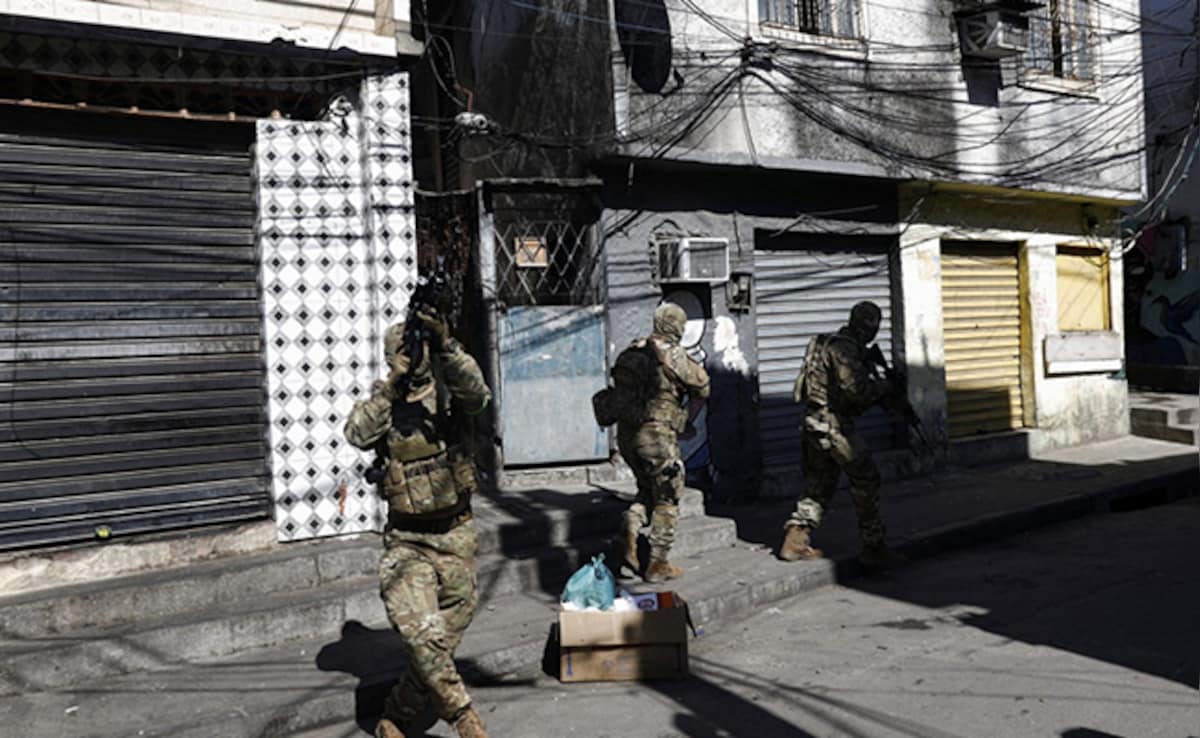The Mamata Banerjee government’s challenge to the Centre over the CBI investigating West Bengal cases without the state’s consent is valid, the Supreme Court ruled today.
The order came as a twist after the court recently allowed a CBI probe into the multiple cases of sexual assault and land grabbing on the island of Sandeshkhali – despite opposition from Bengal.
The Bengal government had approached the Supreme Court against the CBI over filing cases despite the state withdrawing its general consent to the central agency in 2018.
The court had reserved the decision on May 8 after hearing both parties.
A bench of Justices BR Gavai and KV Vishwanathan today rejected the Centre’s contention that the petition by Bengal was not maintainable and said the case would have a huge impact on federalism.
“We have considered the DSPE (Delhi Special Police Establishment) Act and Supreme Court rules. It cannot be said that West Bengal has not made out any case against Centre,” it said.
According to section 6 of the DSPE Act, 1946, the CBI must obtain consent from respective state governments to conduct investigations in their jurisdiction.
The DSPE Act provides immunity from the Centre’s powers, the court added.
“We find that in the present suit, the plaintiff is raising the legal issue of whether CBI can file a case under the DSPE Act after revocation of consent. Can CBI register and investigate cases in violation of Section 6?” the court asked.
The next hearing is on August 13.
The CBI is currently probing multiple charges of sexual assault, land grabbing, and ration scam against Shahjahan Sheikh – a former Trinamool leader and local strongman – and his aides in Bengal’s Sandeshkhali.
The Bengal government had opposed the Calcutta High Court’s CBI probe into the case. Allowing the CBI to continue its probe on Monday, the Supreme Court had wondered why the Bengal government was interested in protecting an individual.










